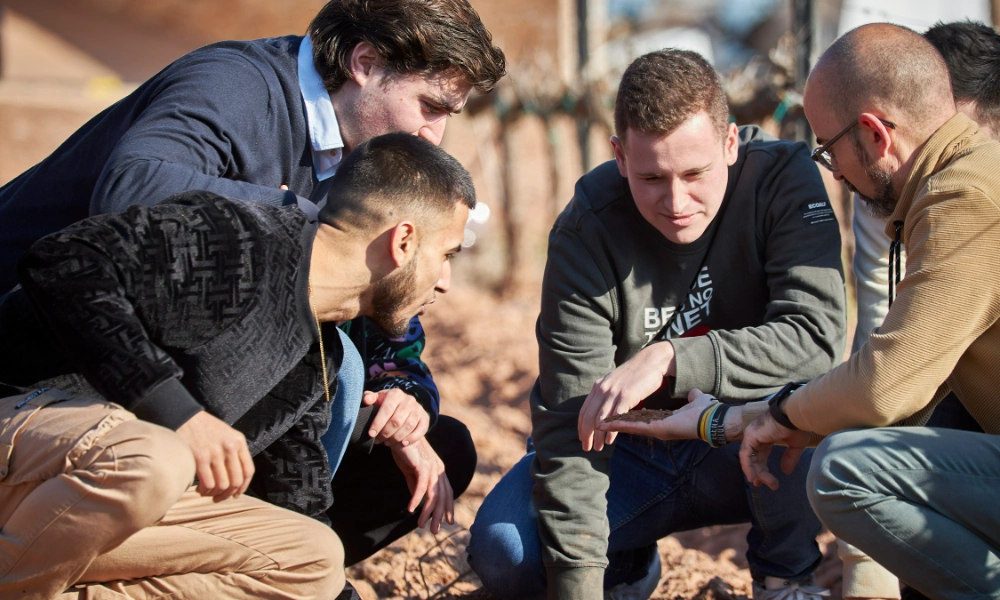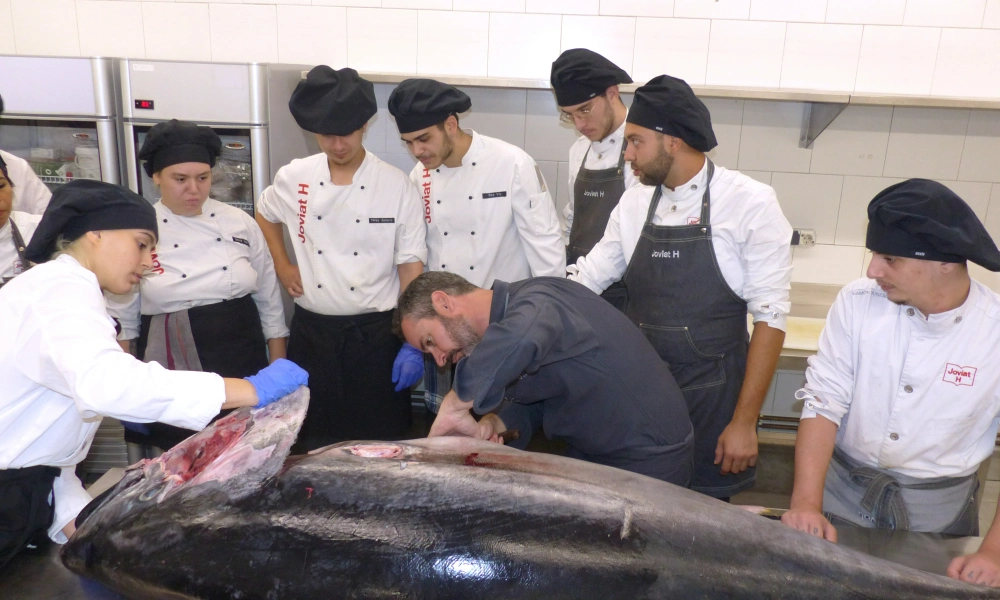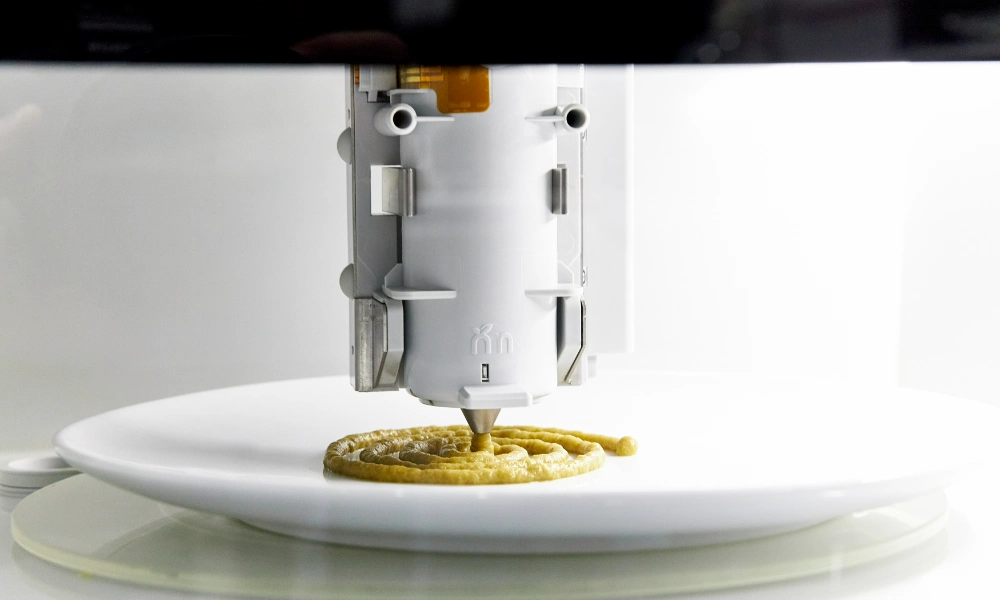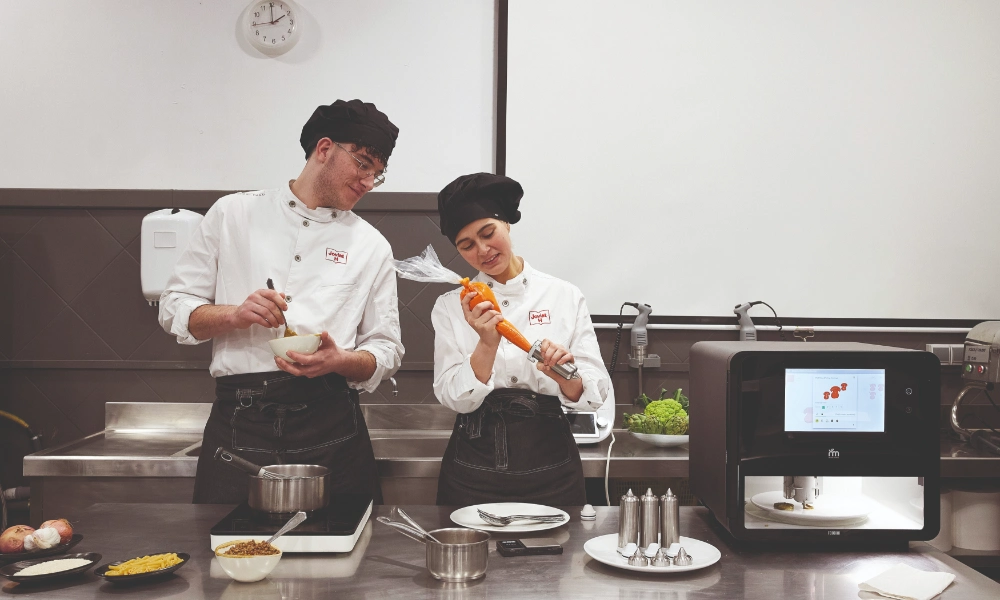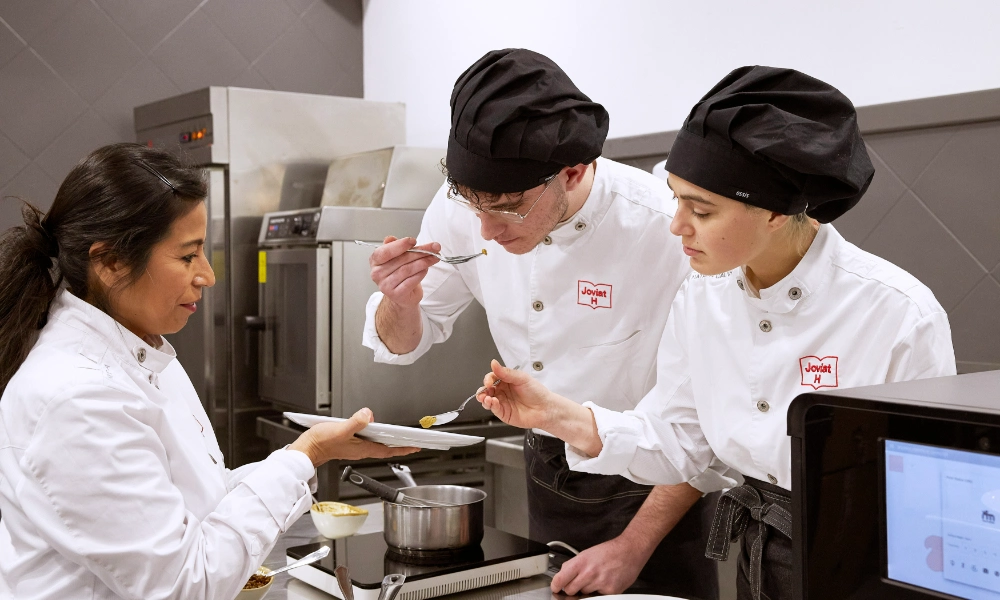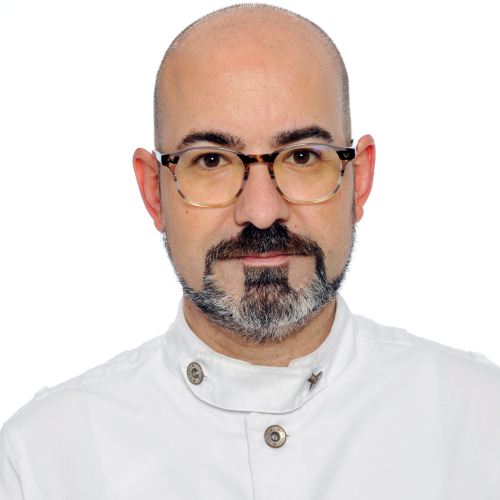| Name: | Higher Level Vocational Training Cycle in Kitchen Management |
|---|---|
| Level: | Higher Vocational Training |
| Duration of the training cycle: | 2,000 hours |
| Training in the educational center: | 1,690 hours |
| Training in workplaces: | 350 hours |
The Higher Vocational Training Cycle in Kitchen Management is aimed at training qualified professionals to assume leadership and management responsibilities in the culinary sector.
This training covers everything from menu planning and design , incorporating nutrition, sustainability and innovation criteria, to the comprehensive management of cooking processes , including the procurement of raw materials, the application of advanced culinary techniques, and the control of quality and food safety.
The course also emphasizes the development of business skills , preparing students to lead teams, manage finances, and develop marketing strategies in gastronomic environments.
With a combination of theoretical teaching and professional practice in renowned establishments, this degree offers a solid foundation for those who aspire to lead the kitchen in restaurants, hotels and other catering establishments, adapting to current and future trends in the gastronomic world.
Schedules

Morning
Monday to Friday from 9:00 a.m. to 2:30 p.m.
Curriculum
Value projects
Gastronomy: products, tastings, techniques and procedures
Product recognition in a technical, organoleptic and sensory way to receive, manage and manipulate them efficiently, profitably and under food quality and safety protocols .
Likewise, we work on the entire gastronomic part of the product from the base to the most representative elaborations in the history of gastronomy and great professional kitchens. We integrate English into the practical sessions, in order to promote its knowledge, mastery and use in professional environments.
Management
Defining the gastronomic offer, preparation of technical sheets, calculations of product yields , to identify the costs inherent to a catering establishment. Analysis of the offer and application of the “engineering menu”.
Challenges
Provide innovative and viable solutions to real challenges , where nutritionally balanced gastronomic proposals will be designed, with current cooking techniques, using the appropriate equipment, to preserve quality and avoid food risks .
Business project
Creation of a restaurant business model and design of its gastronomic offer according to a target client. In this, the incorporation procedures, marketing plan, competition study are carried out and the organizational structure is defined with economic viability criteria.
#2be: Personal Growth, Leadership and Transformation Project
This project is focused on the personal and professional development of students , promoting leadership, creativity, and the capacity for transformation, key skills for their professional future in the world of kitchen management.

